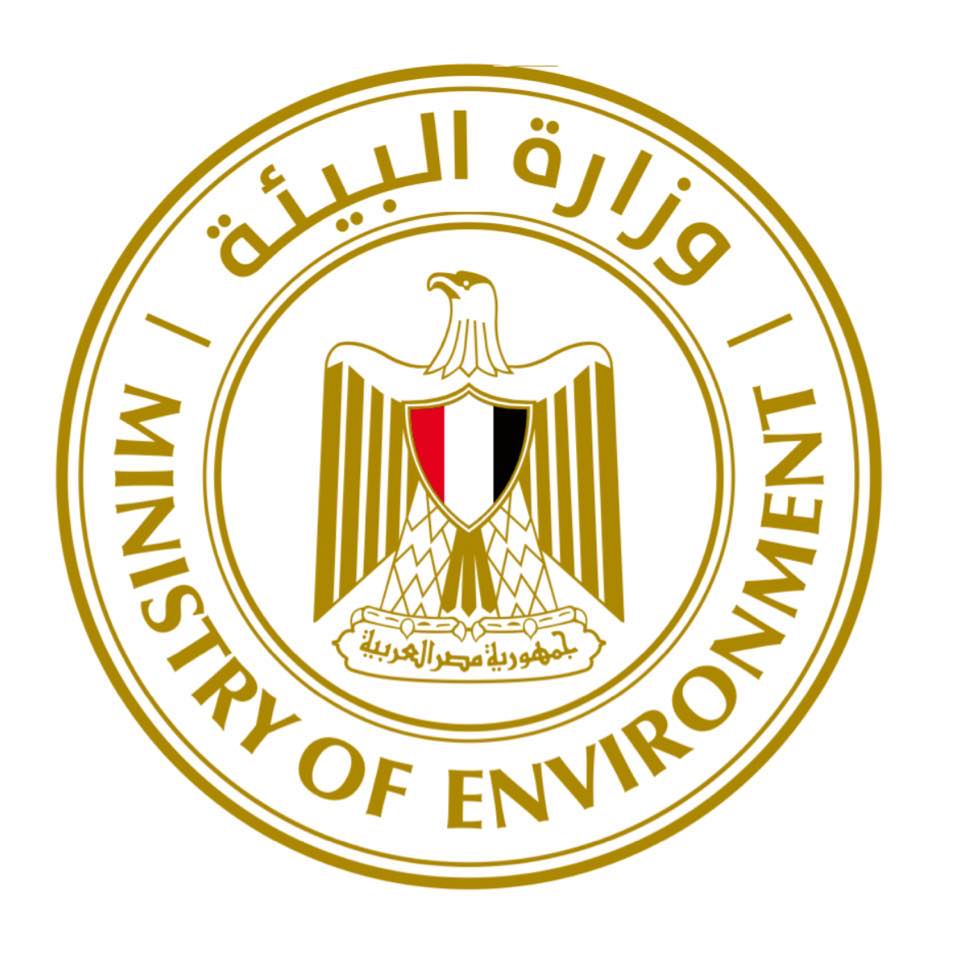BIO-BASED ECONOMY

Special biochemical from agro-industrial waste
Market
| Final Products | Pectin |
| Required Inputs | By-products from the production of juice from ripe fruits (Citrus peels waste) |
| Competing Products | Other suppliers of pectin and d-limonene |
Process
| Complexity – Type of Process | Mechanical and thermal |
| Technology | Extraction process by; steam distillation, washing/cleaning, drying, oil extraction, separation |
| Equipment and Material | Washing tanks, rotary dryer, oil extractor (steam distillation), decanter |
| Human Resources | Skilled labor, drivers, and chemists |
Advantages and Risks
| Competitive Advantage | Competitive price |
| Barriers to Entry | Collection of waste material, competition with the artificial additives |
| Key Stakeholders | Factories providing fruit peel waste, local waste traders |
| Special Regulations | NA |
| Risks and Mitigation Measures | Perfecting production techniques and quality control in order to compete with synthetic flavors. Mitigation measures are investing in R&D and taking enough time for trials at the beginning of production |
Economic Features
| Revenue Stream | Sale of Pectin and d-limonene |
| CAPEX |
The inputs and technology would cost an average of 11.6M EGP |
| Investment Size | Medium (between 5-50M EGP) |
Geography
| Location of Supply | Supply is mostly in the urban Greater Cairo Area |
| Preferred operation regions |
Greater Cairo Area and Suez Region |
Studies
| Serial | File name | Download |
| 1 | 19 Business Opportunities Economic Business Models in Egypt's Recycling Sector for Startups and SMEs_booklet |
